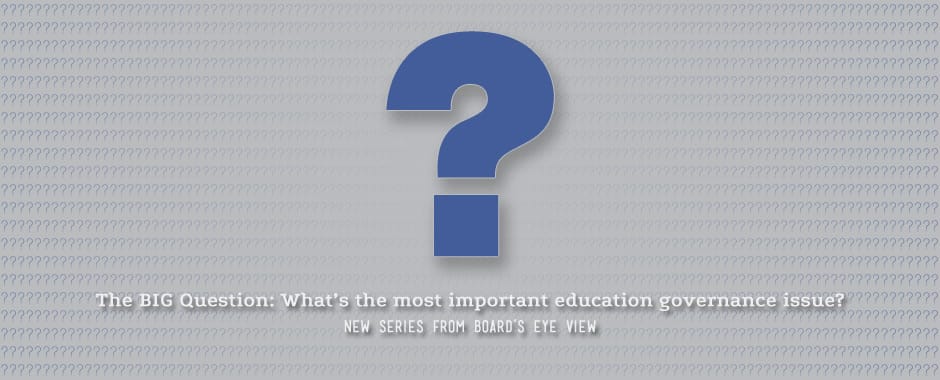
Guest blogger Darrell Allison is president of Parents for Educational Freedom in North Carolina, which supports greater educational choice for all parents and students across the state. For more information, please go to www.pefnc.org.
As president of a statewide organization devoted to ensuring that ALL children—regardless of income or zip code—have access to a quality education, I hear plenty of opposing talking points…that we need to spend more on public education, that education reform measures will lead to the death of public schools, that public tax dollars are being used for private gain.
In spite of tremendous spending, our poorest kids are still missing the mark. And this is totally unacceptable.
When I hear this type of rhetoric I think of how North Carolina has spent over $35 billion on education over the last five years, yet only 50 percent of poor elementary and middle school students passed state tests—compared to nearly 80 percent of their wealthier peers.
In spite of tremendous spending, our poorest kids are still missing the mark. And this is totally unacceptable.
I’m all for “public education,” but I believe “public education” should consist of a system based more on the quality of schooling a child receives and less on the particular educational model. In an op-ed that was published across North Carolina earlier this year, I wrote that each of our state’s educational models, including our traditional public schools, help to support our shared responsibility to fully educate all of our children.
By embracing such an idea, our low-income students could better receive the resources and attention they so desperately need. As we all know, the lower a child is on the socioeconomic scale, the less access he or she has to resources, thus making them more susceptible to incarceration and dropping out of school.
Based on these concerns, the most important education issue we face today is making sure our poor kids have better access to a quality education—whether traditional or nontraditional. It is why Parents for Educational Freedom in North Carolina is currently advocating for House Bill 1104 NC Opportunity Scholarship Tax Credit Program. This measure allows corporations to receive tax credits for contributing to nonprofit organizations that provide private school scholarships to low income children.
We know that tax credit scholarship programs work and save taxpayer dollars. Independent studies have confirmed that Florida’s program has resulted in increased student achievement for scholarship and public school students. According to a state fiscal impact analysis, Florida’s program has saved taxpayers over $98 million since 2001 because the scholarship amounts are less than the cost to educate a traditional public school student. The Sunshine State is expected to save an additional $53 million next school year, savings which can be reinvested in public education. Moreover, House Bill 1104, which is modeled after Florida’s program, is expected to save North Carolina taxpayers over $28 million within the first three years—savings that can also be used for public education.
At the end of the day, if an affluent parent believes their child is not receiving a quality education, they can write a check for private school tuition or move to a neighborhood with better schools. But what happens to a poor parent facing this dilemma? Should we just tell their child to stick it out and wait for an answer? Or do we create an education system that ensures ALL children, regardless of income or zip code, receive their constitutional right to a quality education?
I support the latter.
While editor Peter Meyer is taking a brief sabbatical from his biweekly blog, Board's Eye View is hosting a series of guest blog posts from a range of experts and stakeholders answering The BIG Question: What's the most important governance issue? Meyer encourages readers to interact with our TBQ contributors or contact him directly at [email protected] if they would like to submit their own TBQ essay.